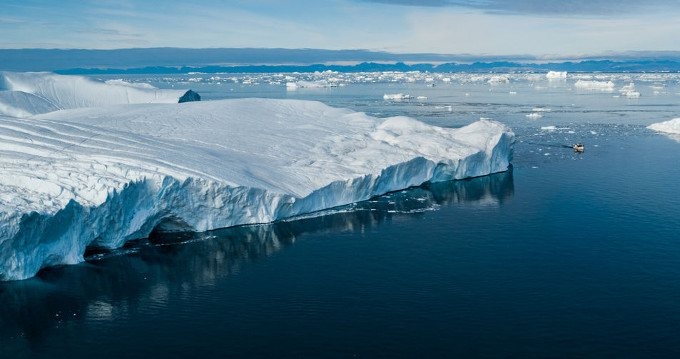
Source: Cardiff University
Scientists claim to have found the ‘missing link’ in the process that leads to an ice age on Earth.
Melting icebergs in the Antarctic are the key, say the team from Cardiff University, triggering a series of chain reactions that plunges Earth into a prolonged period of cold temperatures.
The findings have been published today in Nature from an international consortium of scientists from universities around the world.
It has long been known that ice age cycles are paced by periodic changes to Earth’s orbit of the sun, which subsequently changes the amount of solar radiation that reaches the Earth’s surface.
However, up until now, it has been a mystery as to how small variations in solar energy can trigger such dramatic shifts in the climate on Earth.
In their study, the team proposes that when the orbit of Earth around the sun is just right, Antarctic icebergs begin to melt further and further away from Antarctica, shifting huge volumes of freshwater away from the Southern Ocean and into the Atlantic Ocean.
As the Southern Ocean gets saltier and the North Atlantic gets fresher, large-scale ocean circulation patterns begin to dramatically change, pulling CO2 out of the atmosphere and reducing the so-called greenhouse effect.
This in turn pushes the Earth into ice age conditions.
















